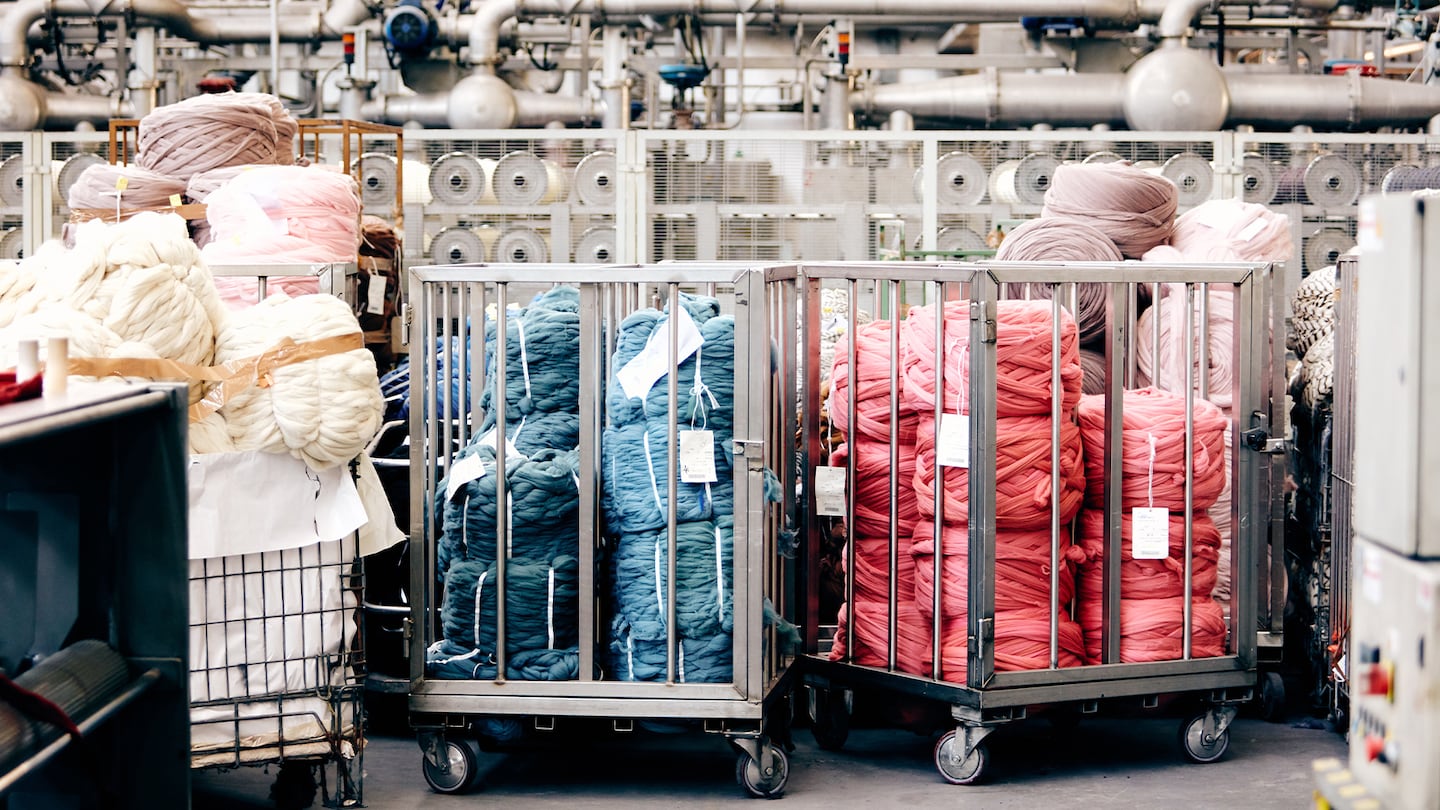The Business of Fashion
Agenda-setting intelligence, analysis and advice for the global fashion community.
Agenda-setting intelligence, analysis and advice for the global fashion community.

The US is aiming to reduce its reliance on Chinese manufacturing and support domestic industry. The nascent circular fashion sector may prove an unlikely beneficiary.
A new trade bill that aims to boost economic ties between the US and countries in Latin America includes billions of dollars of incentives for companies involved in circular fashion, from resale platforms to textile waste sorting facilities and recyclers.
The Americas Trade and Investment Act, or Americas Act, seeks to encourage the reshoring and near-shoring of manufacturing supply chains with a heavy footprint in China. It also aims to close a tax loophole that allows e-commerce giants like Shein and Temu to ship millions of packages to the US each year without paying any duty.
Among the measures the bill contains are more than $14 billion in federal incentives for businesses involved in the circular fashion space. The idea is to support an entirely new industry in America focused on textile recycling, Senator Bill Cassidy said in an emailed comment.
ADVERTISEMENT
If passed the bill would “give a shot in the arm” to the circular fashion economy, said Rachel Kibbe, CEO of consulting and advocacy firm Circular Services Group and executive director of trade lobby group American Circular Textiles. “It’s the first bipartisan bill to contemplate fashion and the first time in history [textile] circularity has been contemplated at all at a federal level,” she said.
The proposed legislation includes a 15 percent tax reduction for businesses involved in collection, reusing, renting, repairing, sorting, processing or recycling textiles, as well as $10 billion in loans and $3 billion in grants to support manufacturing and reuse and recycling programmes. Another $1 billion has been earmarked for research and development.
Though it has support in both major US political parties, getting any bill passed is a long and complicated process, especially in a fraught election year. Now that it’s been introduced, the proposed legislation will be sent to the finance committee for further consideration.
Learn more:
Is This the Year New York Regulates Fashion?
Two landmark bills taking aim at the industry’s environmental and social impact — the New York Fashion Act and the Fashion Workers Act — are back on the US state’s legislative agenda.
The industry needs to ditch its reliance on fossil-fuel-based materials like polyester in order to meet climate targets, according to a new report from Textile Exchange.
Cotton linked to environmental and human rights abuses in Brazil is leaking into the supply chains of major fashion brands, a new investigation has found, prompting Zara-owner Inditex to send a scathing rebuke to the industry’s biggest sustainable cotton certifier.
Over the last few years, the run-up to Earth Day has become a marketing frenzy. But a crackdown on greenwashing may be changing the way brands approach their communications strategies.
This week, Sephora announced plans to double down on ‘green’ and ‘clean’ product labels, leaning into an increasingly risky marketing tactic even as a greenwashing crackdown has prompted other brands to pull back.